LCAN Learning Community
Welcome to the LCAN Learning Community! Here you’ll find the latest tools and resources for LCAN leaders who are engaged in helping their communities transform into ones where students can thrive. We’ll be adding resources to meet the evolving needs of our networks, so please check back often!
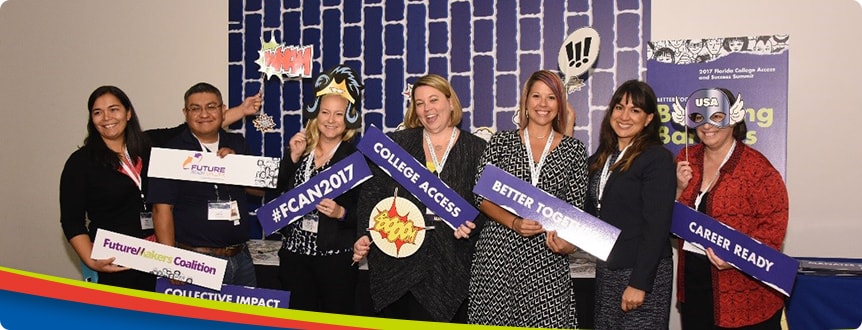
Learning Tools and Resources by LCAN Development Stage:
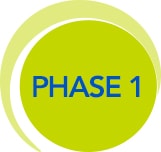 Exploring – Community leaders in this phase are assessing their readiness to form an LCAN and working collectively around a college access and success agenda. In this stage, community leaders are developing a shared understanding of the issues needing redress, contemplating who should participate in defining the strategic vision, and considering how to build the will of a large enough cross section of organizations to make the LCAN effective in improving outcomes.
Exploring – Community leaders in this phase are assessing their readiness to form an LCAN and working collectively around a college access and success agenda. In this stage, community leaders are developing a shared understanding of the issues needing redress, contemplating who should participate in defining the strategic vision, and considering how to build the will of a large enough cross section of organizations to make the LCAN effective in improving outcomes.
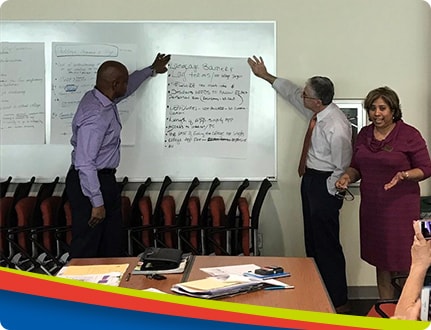
- Startup timeline
- Achieve Palm Beach example – summit presentation
- LCAN Community Readiness Assessment
- Convening
- Forming an LCAN: Recipe for Success Field Guide
- Education Design Lab — Driving Regional Ecosystem Alignment (Ecosystem self-assessment & facilitator’s guide)
- Foundational reading:
- Collective Impact, Stanford Social Innovation Review
- Collective Impact 3.0 by the Tamarack Institute – webinar or whitepaper
- Dawn of Systems Leadership, Stanford Social Innovation Review
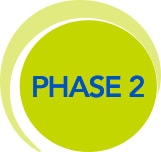 Emerging – In this stage, the community is focused on organizing for impact by assessing what resources already exist, where there are gaps in service to fill, defining a common agenda, and putting a working structure in place. The newly-formed LCAN typically conducts an asset map, drafts a strategic plan, builds trust among the participants, and prepares for the official launch of the LCAN to the community. A partner organization is identified to provide the early backbone support – organizing and convening through the early stages.
Emerging – In this stage, the community is focused on organizing for impact by assessing what resources already exist, where there are gaps in service to fill, defining a common agenda, and putting a working structure in place. The newly-formed LCAN typically conducts an asset map, drafts a strategic plan, builds trust among the participants, and prepares for the official launch of the LCAN to the community. A partner organization is identified to provide the early backbone support – organizing and convening through the early stages.
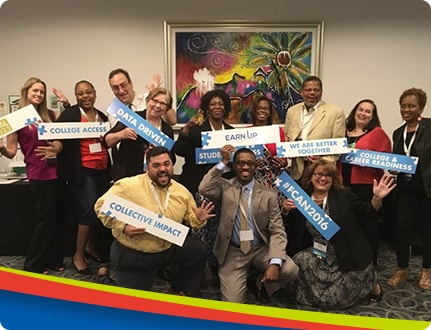
- Who should be at the table?
- Steering committee toolkit (Collective Impact Forum resource)
- Roles People Play worksheet
- Backbone organization
- Community Aspiration Worksheet
- Setting a Common Agenda – How to Develop a Common Agenda for a Collective Impact: A 5-Step Guide by the Tamarack Institute
- Baseline measurements
- Asset mapping – Asset Mapping Facilitation Guide (see appendix D)
- Community scan
- Toolkit
- Talent 4 Tomorrow example
- FutureMakers Coalition Workforce Now example
- Foundational reading:
- Stanford Social Innovation Review – Understanding the Value of Backbone Organizations in Collective Impact article
- Six Tensions of Collective Impact – Tamarack Institute
- Time is the Enemy: The Surprising Truth About Why Today’s College Students aren’t Graduating… and What Needs to Change by Complete College Florida, page 1-18, Florida page 71-76
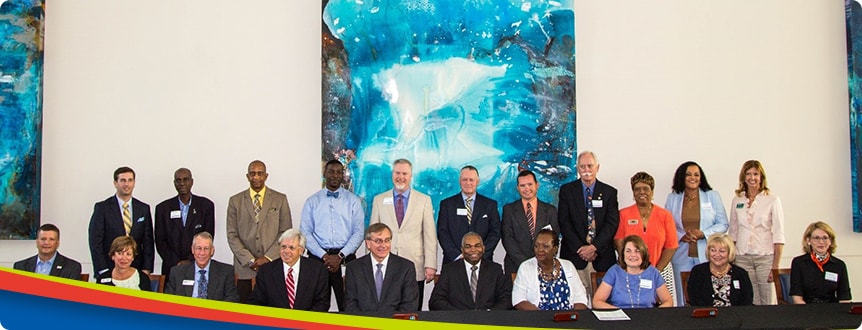
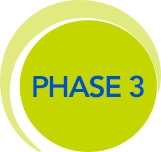 Implementing – The focus of this stage is to initiate action, balancing some quick wins to maintain support while working towards longer term system change goals. LCANs typically form working groups around key areas of focus identified during their planning process. They refine and build their measurement systems and transparently report on their progress.
Implementing – The focus of this stage is to initiate action, balancing some quick wins to maintain support while working towards longer term system change goals. LCANs typically form working groups around key areas of focus identified during their planning process. They refine and build their measurement systems and transparently report on their progress.
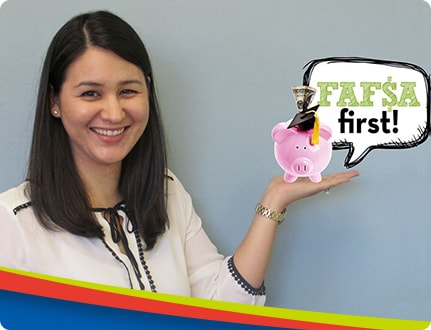
- Effective Working Groups:
- Making Working Groups Work: Earn Up LCAN summit presentation
- Working group toolkit
- Refining Measurements
- Baseline and scorecard reporting
- Shared Measurements: The Why is Clear, The How Continues to Develop by the Tamarack Institute
- Clear Impact Results-Based Accountability Guide
- Cultivating Shared Learning
- Communications (External — public will-building)
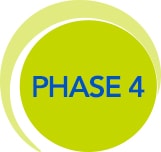 Growing– In this stage, an established LCAN is focused on leveraging public goodwill earned from early wins to deepen progress and sustain momentum. The governing structure of the LCAN is established and functioning, keeping leaders, partners, and community members informed of progress. This is accomplished, for example, by periodically and transparently reporting how the LCAN is moving the needle on its shared metrics. Shifts in the backbone organization may take place during this stage. LCANs should periodically assess how they are functioning beyond just meeting mutually agreed-upon metrics. This cross-sector partnership assessment created by Living Cities provides tools and an assessment for LCANs to self-assess their progress.
Growing– In this stage, an established LCAN is focused on leveraging public goodwill earned from early wins to deepen progress and sustain momentum. The governing structure of the LCAN is established and functioning, keeping leaders, partners, and community members informed of progress. This is accomplished, for example, by periodically and transparently reporting how the LCAN is moving the needle on its shared metrics. Shifts in the backbone organization may take place during this stage. LCANs should periodically assess how they are functioning beyond just meeting mutually agreed-upon metrics. This cross-sector partnership assessment created by Living Cities provides tools and an assessment for LCANs to self-assess their progress.
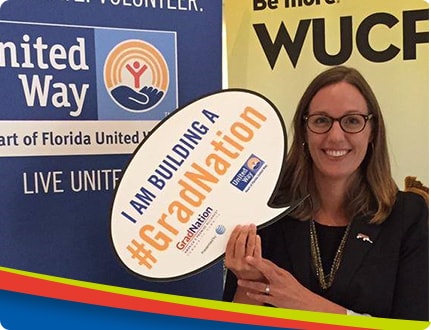
- Assessing Progress – Michigan College Access Network Collective Impact Benchmarks
- Advocacy – from action to advocacy
- Re-engaging the Network
- Systems Change
- Equity: Race to Lead: Confronting the Nonprofit Racial Leadership Gap by the Building Movement Project
